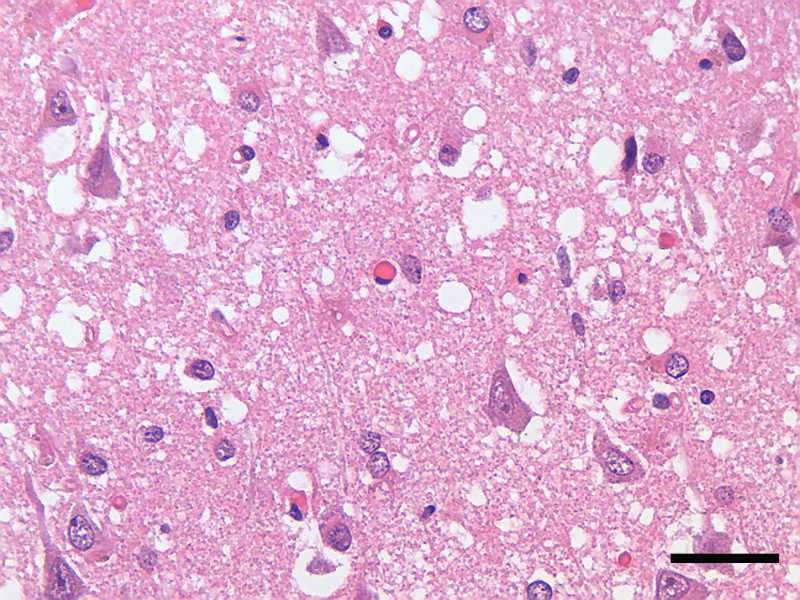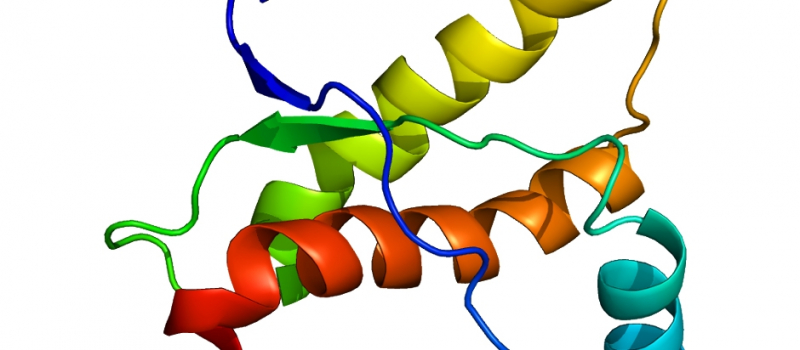Prions
Prions were first identified as a new class of disease-causing agents in the 1980s, yet they were unlike anything humans had ever encountered. Even though prions are as destructive as the majority of viruses we are aware of, they are not pathogens because they are just deformed and misfolded forms of proteins that are common in our own brains. Prions can interact with regular proteins and lead them to misfold as well, eventually building large clusters that can shut down the brain. As a result, they are unquestionably contagious.
Even after more than three decades, we're still no closer to understanding them or developing a treatment for them. Apart from the fact that they are simply folded differently, prions operate considerably differently from normal proteins for reasons that we still don't fully understand. If prions are not controlled, they can lead to devastating illnesses like Mad Cow Disease and the extremely rare Kuru that have comparable effects on the brain to neuro-degenerative diseases like Alzheimer's and Parkinson's.












